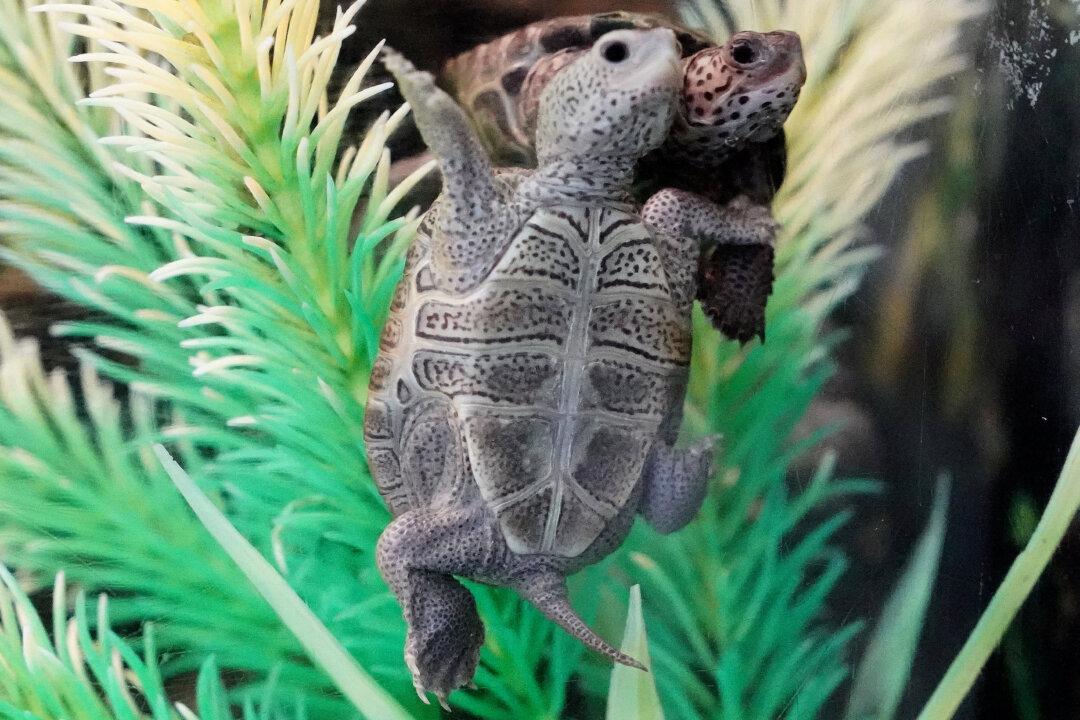STONE HARBOR, N.J.—A trial begins next week for a man charged with trafficking thousands of protected turtles captured in New Jersey—an unlikely hotbed of wildlife poaching that supplies China with a culinary delicacy that is hard to find in Asia.
David Sommers, 64, of Levittown, Pennsylvania is accused of plucking some 3,500 diamondback terrapins and their eggs from the coastal marshes of southern New Jersey and selling them in violation of the Lacey Act, a federal statute that prohibits the trafficking of wildlife captured or killed in jurisdictions where it is illegal.





